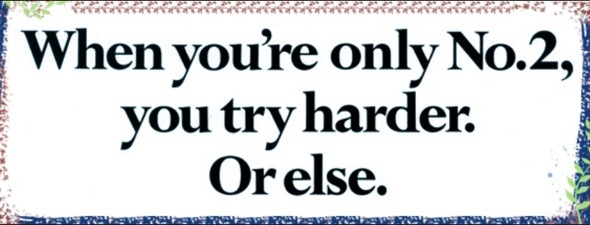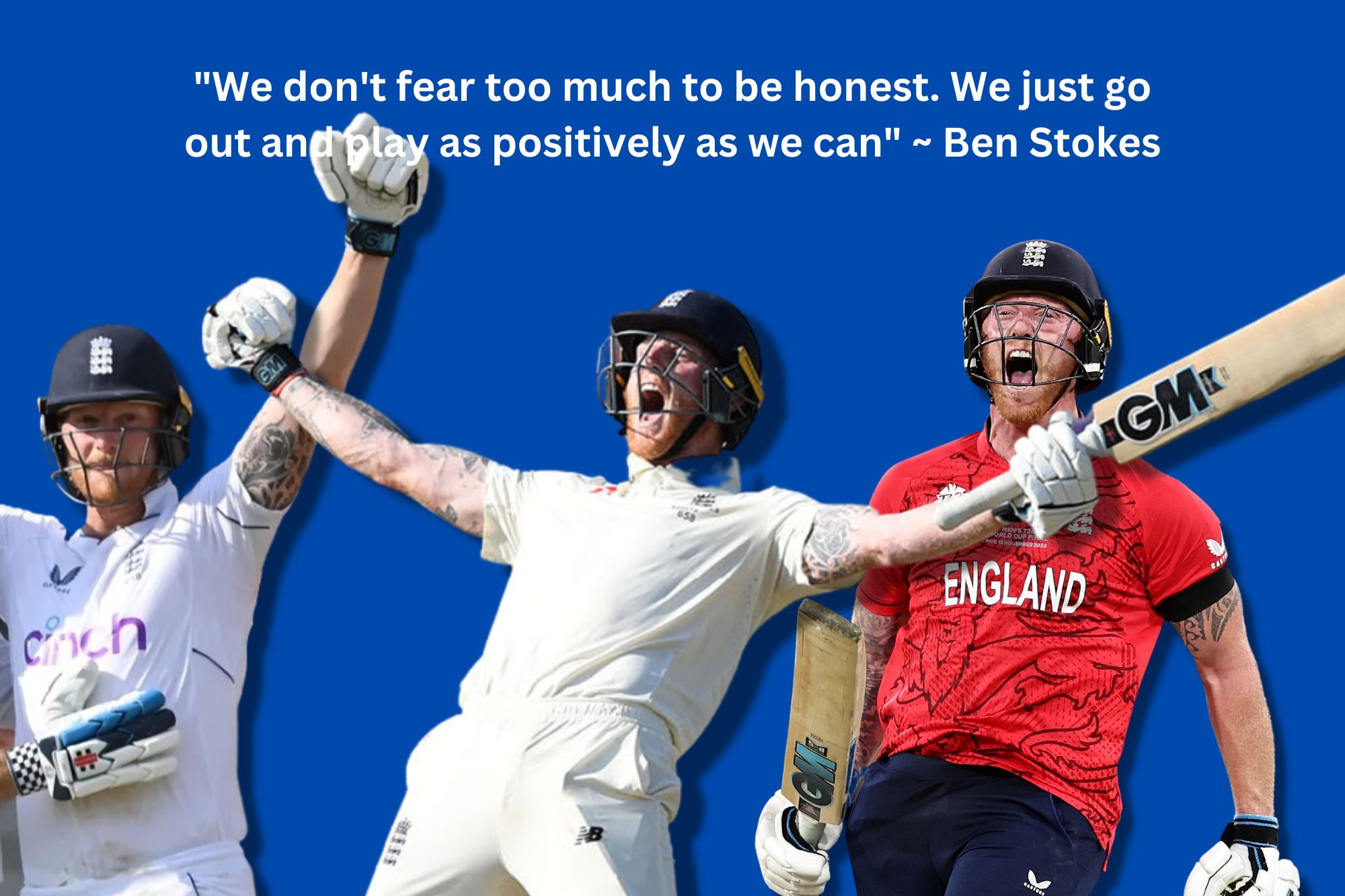
[tweetmeme source=”ChazGunningham” only_single=false]Just watched the highlights of the incredible last day of the Ryder Cup. In an unprecedented manner, Europe came from 4 points behind from the first two days play to snatch victory by one point, 14.5 to 13.5. In its 85 year history, the US had never lost from a 2-point final day margin, and no team had ever come back from 4 points behind on foreign soil. It was quite an amazing display of self belief, skill and execution.
Snatching victory from the jaws of defeat always makes the victory the sweeter for the victor, and the loss the most galling for the defeated.
Research has shown that teams do manage to win games when they are just behind at half time. It is intensely motivating to know that with a little more effort you can pull off a victory, and it can be scary when you are ahead and see the opposition coming back at you. You falter, you stop doing the things that got you into the lead, and almost helplessly see yourself being caught and passed. Be it a horse race, bike race or the 400 metres, how many times have you seem the winner come from the middle of the pack to streak across the line. Too far behind can be demotivating, but a realistic and clear goal in plain sight can be a wonderful motivator.
This research (naturally) has implications for business. The number two in the marketplace can be intensely motivated to charge into the number one spot, with the number one product/company stuttering and wondering how it has suddenly lost its mojo. And in business, things happen fast. You need to keep coming out with killer products. Apple was all but dead in 1997, and then brought out killer product after killer product. 15 years on, are they beginning to lose their number one position? If the Androids take their smartphone and then tablet market, their next big product (TV, education..?) has to be a killer to keep the company number one for the next few years you would think.
As Avis famously argued when they were number two – we try harder, we don’t take you for granted… plus the queues at our counters are shorter. That 1960s ad campaign turned them around from loss making to profitability, and fired up the company. It’s more fun working for Pepsi than Coke.



